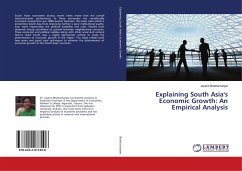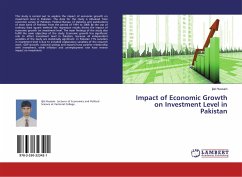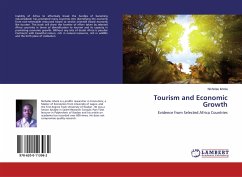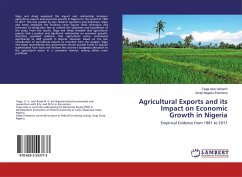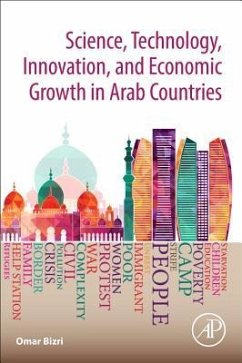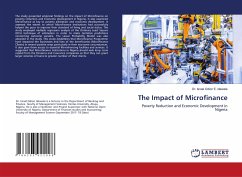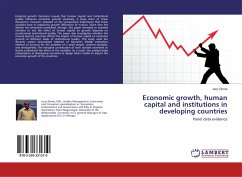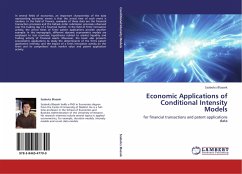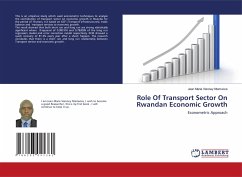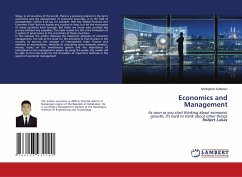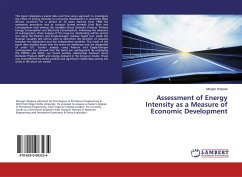
Assessment of Energy Intensity as a Measure of Economic Development
Versandkostenfrei!
Versandfertig in 6-10 Tagen
26,99 €
inkl. MwSt.

PAYBACK Punkte
13 °P sammeln!
This book integrates a panel data and time series approach to investigate the effect of energy intensity on economic development in seventeen West African countries for a period of 26 years starting from 1988. The estimation procedure was to carryout formal pretests (Unit Root and Cointegration test) among the variables (Gross Domestic Product, Primary Energy Consumption and Electricity Consumption). Following the existence of cointegration, them analysis of the long-run relationship will be carried out using the Pedroni and Engle-Granger residual based test. Lastly the Granger causality test ...
This book integrates a panel data and time series approach to investigate the effect of energy intensity on economic development in seventeen West African countries for a period of 26 years starting from 1988. The estimation procedure was to carryout formal pretests (Unit Root and Cointegration test) among the variables (Gross Domestic Product, Primary Energy Consumption and Electricity Consumption). Following the existence of cointegration, them analysis of the long-run relationship will be carried out using the Pedroni and Engle-Granger residual based test. Lastly the Granger causality test will be used to determine the direction of causality between the dependent and the independent variables. The result of the panel data analysis shows that the series are stationary and are integrated of order I(1). Further analysis using Pedroni and Engle-Granger cointegration test showed that the series are cointegrated. By employing the FMOLS and DOLS, we found positive relationship between Gross Domestic Product (GDP) and energy demand in the long-run model. These was strengthened by similar positive and significant relationship among the series in the short-run model.



